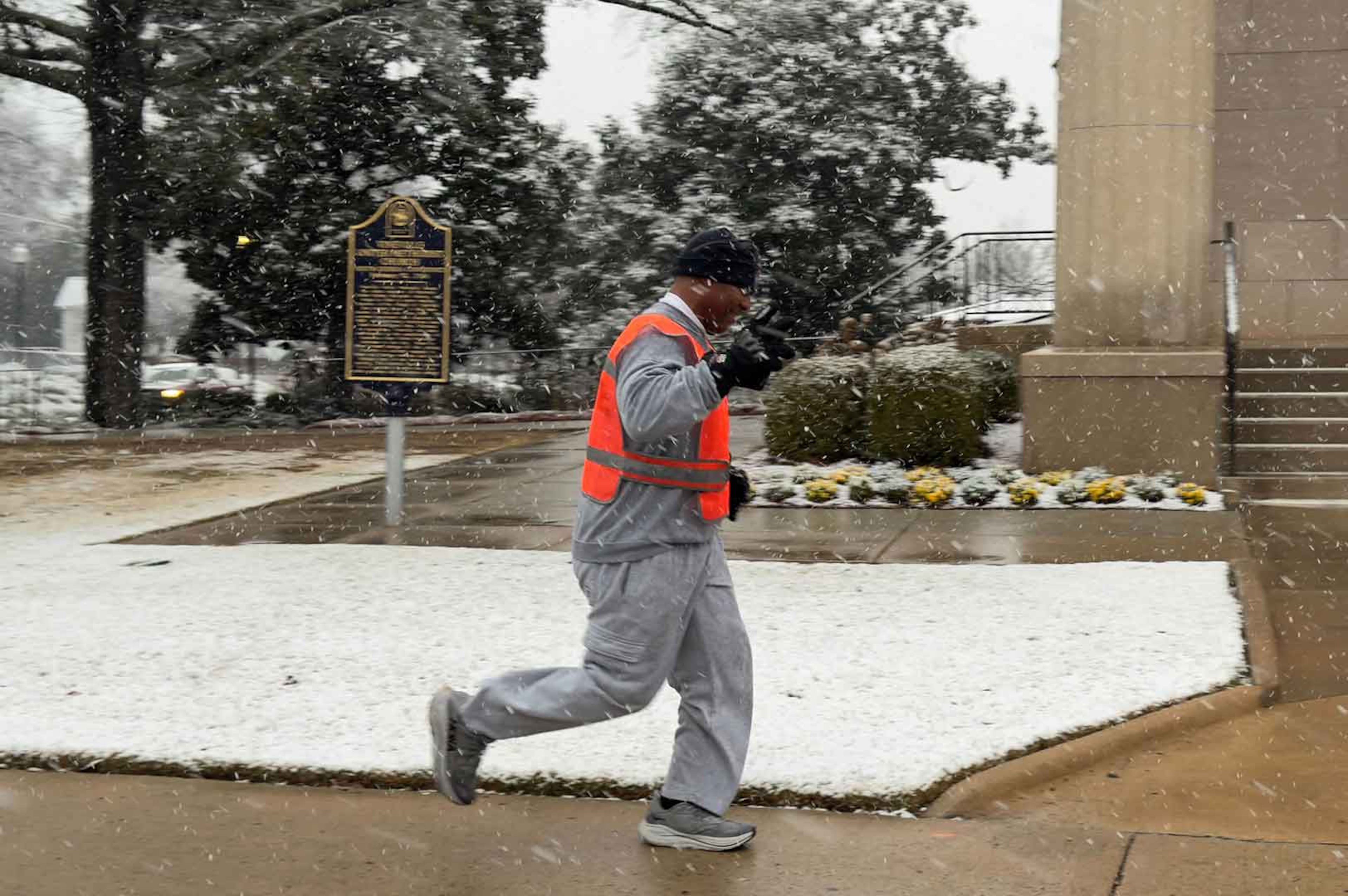Georgia job growth strong heading toward holiday hiring
The Georgia economy added 15,300 jobs in September, the best month for hiring so far this year, according to the state's labor department.
Hiring often decelerates coming into the fall, but not this time: Georgia has now added 81,300 jobs as it heads into the fourth quarter, a period in which there is generally a flurry of hiring to cover holiday business.
The state has 4.57 million jobs, said Mark Butler, labor commissioner. "Georgia has more jobs than two dozen states have population."
However, some economists worry that the nine-year-old expansion is endangered by higher interest rates, increases in the cost of gasoline and the danger of an all-out trade war.
"We have two clients in the textile business and they get a lot of their materials from China — raw, unfinished fabric," said Andrew Murphy, senior investment adviser at GENCapital in Atlanta. "They are afraid the tariffs will hurt. When those goods come in, they are going to be more expensive."
That said, there are solid reasons to be optimistic, he said. “I don’t see some looming bubble out there to make me think, ‘that’s the next mortgage crisis.’ Most of the economic numbers are okay.”
Indeed, most forecasters see no downturn imminent and the department's report shows few signs of weakness.
The unemployment rate ticked down to 3.7 percent, the lowest level since early 2001, a dip in the rate at least partly due to some people leaving the labor force.
Still, the overall data generally supports the anecdotal evidence from all the "Help Wanted" signs in stores: there are jobs to be had, although many of those positions may not be high-paying.
Strongest hiring during the month was in the corporate sector – which typically pays well – and the hospitality sector, which typically does not. Hiring has also been strong in other blue-collar areas like warehouse and delivery work, as well as home healthcare and entry-level office positions.
A falling unemployment rate generally means a smaller pool of potential workers. That leads to higher pay as companies seek to lure and keep the workers they want.
For years, pay hikes have been sluggish, but lately pay seems to be rising – evidenced by pledges by Amazon and others to pay at least $15 an hour, which is more than twice Georgia’s minimum wage.
That gives workers a chance to start catching up with years of rising prices for housing, food and fuel.
In the past year, the labor department says Georgia has added 22,300 jobs in construction, 20,300 in logistics and retail, 18,300 in health and education, 17,800 corporate jobs and 17,200 in leisure and hospitality.
Even more encouraging than September's hiring is the seasonal prognosis: during the final quarter of the year, Georgia employers typically add about 28,000 jobs, many of them in retail, warehouses and package delivery.
Substantial hiring plans have been announced by Target, UPS, JC Penney and others.
Georgia unemployment rate
September, 2018: 3.7 percent
September, 2017: 4.5 percent
High for September (2010): 10.5 percent
Low for September (2000): 3.5 percent
Georgia jobs added, January through September
2009: -177,100
2010: 17,700
2011: 40,000
2012: 39,200
2013: 66,500
2014: 104,300
2015: 76,200
2016: 81,700
2017: 37,200
2018: 81,300
Georgia Jobs added in September
Average, previous five years: 7,400
September, 2018: 15,300
Georgia unemployed
Total, jobless and looking for work: 188,560
Looking for work more than six months: 48,400
Georgia unemployment rate at start of recessions
July, 1990: 5.5 percent
March, 2001: 3.6 percent
December, 2007: 5.0 percent
Sources: Georgia Department of Labor, Bureau of Labor Statistics, National Bureau of Economic Research
More Stories
The Latest



